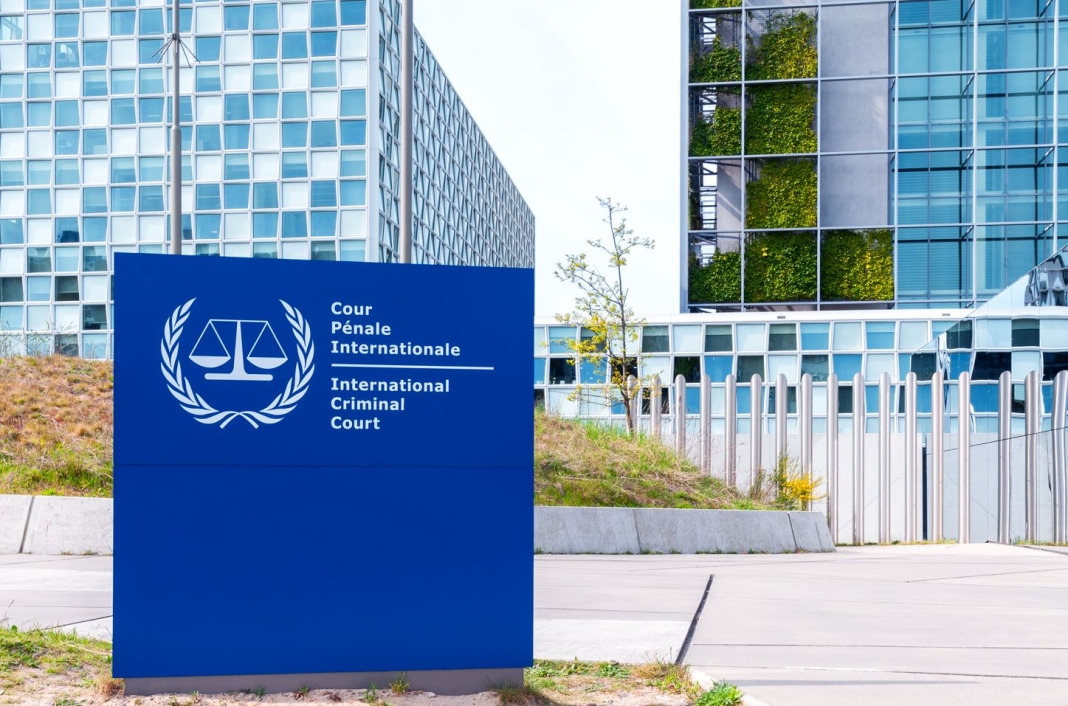The International Criminal Court (ICC) has been formally authorized to investigate alleged crimes committed in Libya from 2011 through the end of 2027, following Tripoli’s official recognition of the Court’s jurisdiction. The development paves the way for renewed international scrutiny of war crimes and crimes against humanity in the North African nation.
The announcement was made as the UN Security Council received the 29th report from the ICC Prosecutor’s Office on the situation in Libya. Christina Markus Lassen, Denmark’s Permanent Representative to the UN, stated that the latest progress “reflects the Office’s continued commitment to fulfilling its mandate in a challenging environment.”
She emphasized the importance of state cooperation under the Rome Statute and UN Security Council Resolution 1970, particularly in executing arrest warrants and transferring suspects to The Hague. Lassen reaffirmed her country’s “firm and unwavering support” for the ICC, which she described as an “independent and impartial institution.”
Libya has remained deeply unstable since the fall of Muammar Gaddafi in 2011, with rival factions and militias vying for power. This week, violence once again shook the capital Tripoli following the assassination of Abdel Ghani al-Kikli, a powerful militia leader.
The ICC’s expanded mandate is seen as a step toward greater accountability, though significant challenges remain in securing arrests and ensuring cooperation from local authorities in a country still grappling with conflict and fragmentation.


